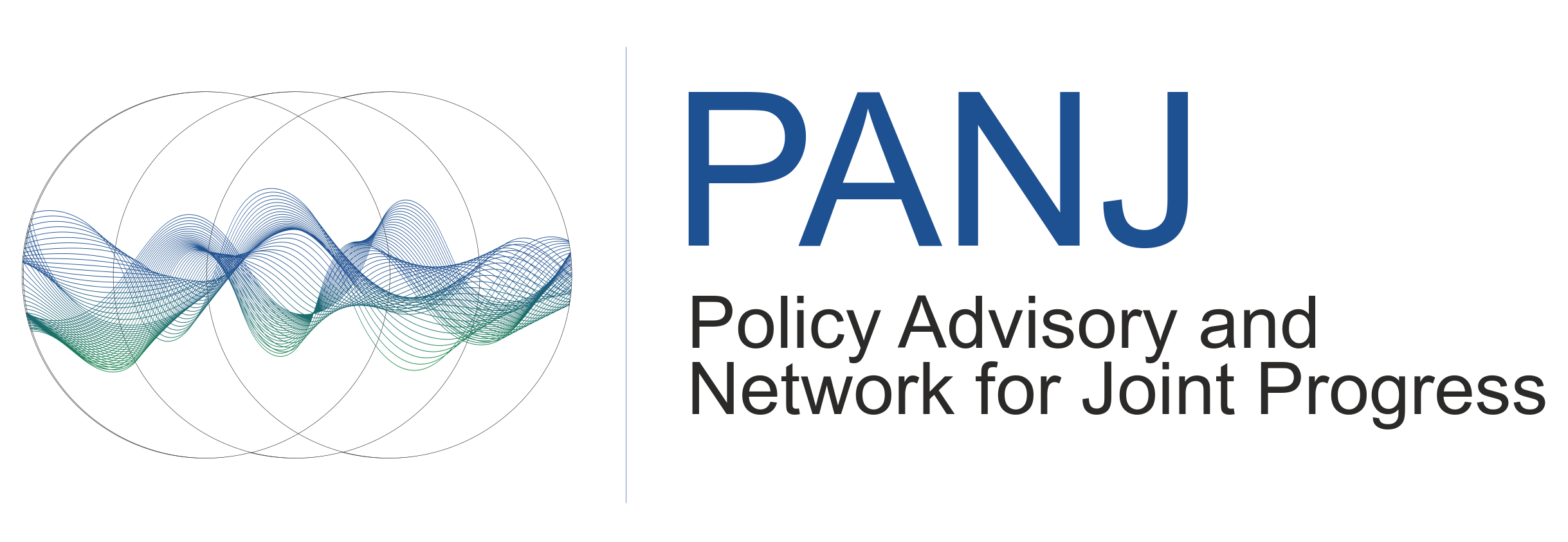Shefali Saini

Theories of international trade—from classical to modern—have consistently emphasised the benefits of trade in fostering economic growth. Among these, the Gravity Model of Trade posits that countries in closer geographic proximity are more likely to trade with one another. This is evident in India’s engagement with South Asian and Southeast Asian nations. Notably, in 2016–17, Pakistan and Afghanistan ranked as the fourth and fifth largest trading partners for India in the region, as mentioned in the Report on India’s trade with South Asia (2016-17).
To facilitate cross-border commerce, the Integrated Check Post (ICP) at the Attari-Wagah border was inaugurated on 13 April 2012, providing modern infrastructure to streamline bilateral trade. The Attari Land Port, located approximately 28 km from Amritsar, serves as the only land route for trade between India and Pakistan and is a key transit point for goods from Afghanistan. India’s trade with Pakistan and Afghanistan via the Attari-Wagah route grew from USD $607 million in 2007–2008 to USD $830.58 million in 2019–2020. The growing escalations between India and Pakistan have always hampered the trade and it can be seen by the growing numbers of Non-Tariff barriers (NTBs) imposed by these two countries over the years as mentioned in the Report on Understanding Non-Tariff Trade Barriers between India and Pakistan.
The worst affected state, as a result of this move, has been Punjab, which shares an international border with a hostile nation. The ongoing trade restrictions (caused by India imposing a 200 percent customs duty on its imports from Pakistan starting on February 16, 2019, and a full trade embargo starting on August 9, 2019) have given a major setback to all parties involved in trade activities between the two nations, specifically through the land route between Wagah and Attari and other routes generally. Between 2018–19 and 2022–23, trade via the Attari Integrated Check Post (ICP) declined sharply, with the trade value plunging by 48.37 percent—from Rs 4,370.78 crore to Rs 2,257.55 crore. If the trade had been going on smoothly via ICP Attari, India’s trade with Pakistan would have reached Rs 4283.542 crores in 2022-23 and the estimated loss from trade embargo is Rs 7,863.54 crore from 2019-2023. Cargo movements witnessed an even steeper fall, dropping from 49,102 to just 3,827 consignments. Interestingly, passenger movements have shown remarkable resilience, rebounding to levels comparable to or even exceeding those seen before 2019. In addition to harming traders, this sharp decline in cargo movement has had repercussions for sectors that rely on cross-border logistics. Accessing regional markets has proven extremely difficult for Punjab’s small and medium-sized enterprises, particularly those that deal in plastics, spices, and agricultural products. Attari’s ICP was built to manage heavy passenger and cross-border traffic. However, with the border closure, infrastructure such as cold storage and warehouses designed to handle high volumes of trade are now lying underused.
India’s major imports from Pakistan through integrated check post (ICP), Attari, are dry dates, cement, gypsum and aluminium ore. India’s major exports to Pakistan by Road through ICP Attari are vegetables, cotton yarn, high-density polyethene, soybean, etc. Once reaching a peak of $1,234K, India has completely stopped importing dried dates and all other commodities, which is a big loss for Pakistan. The value of all vegetable exports have gone down to zero, except dried leguminous vegetables, which, once rose to $58,397K in 2004, has gone down to $3704K in 2024 (International Trade Centre).
According to the Report on Economic Implications of Trade Curbs between India and Pakistan through Wagha Border, the livelihood of the small business has been negatively affected on both sides of the road (roughly 30 km) between Chheharta (a small town on the outskirts of Amritsar city) and Attari. Some of these include porters, transporters, roadside restaurants, auto repair and spare shops, gas and diesel filling stations, weighbridges, retailers, two-wheeler agencies, wine shops, etc.
Since the opening of the ICP Attari increased trade activity has led to the development of Punjab’s Majha area, encompassing districts like Amritsar and Tarn Taran. Better cross-border connectivity and market access may lower transaction costs, promote investment in transportation and storage facilities, and create new non-farm job opportunities in nearby rural areas—all of which are critical for balanced regional development (Todaro and Smith, 2015). The continuation of trade relations and corresponding policy frameworks, however, are still necessary for the full realization of these advantages.
There is now significant uncertainty surrounding the long-awaited resumption of trade through the Attari Integrated Check Post (ICP), which many Punjab region stakeholders had hoped for. Trade with Afghanistan through this vital land route has been completely suspended as a result of the recent terrorist attack in Pahalgam. This development is especially troubling because, prior to this sudden halt, overall trade through ICP Attari had increased by 72% between FY 2022–23 and FY 2023–24, indicating a significant recovery.
Shefali Saini is an intern at PANJ Foundation.
